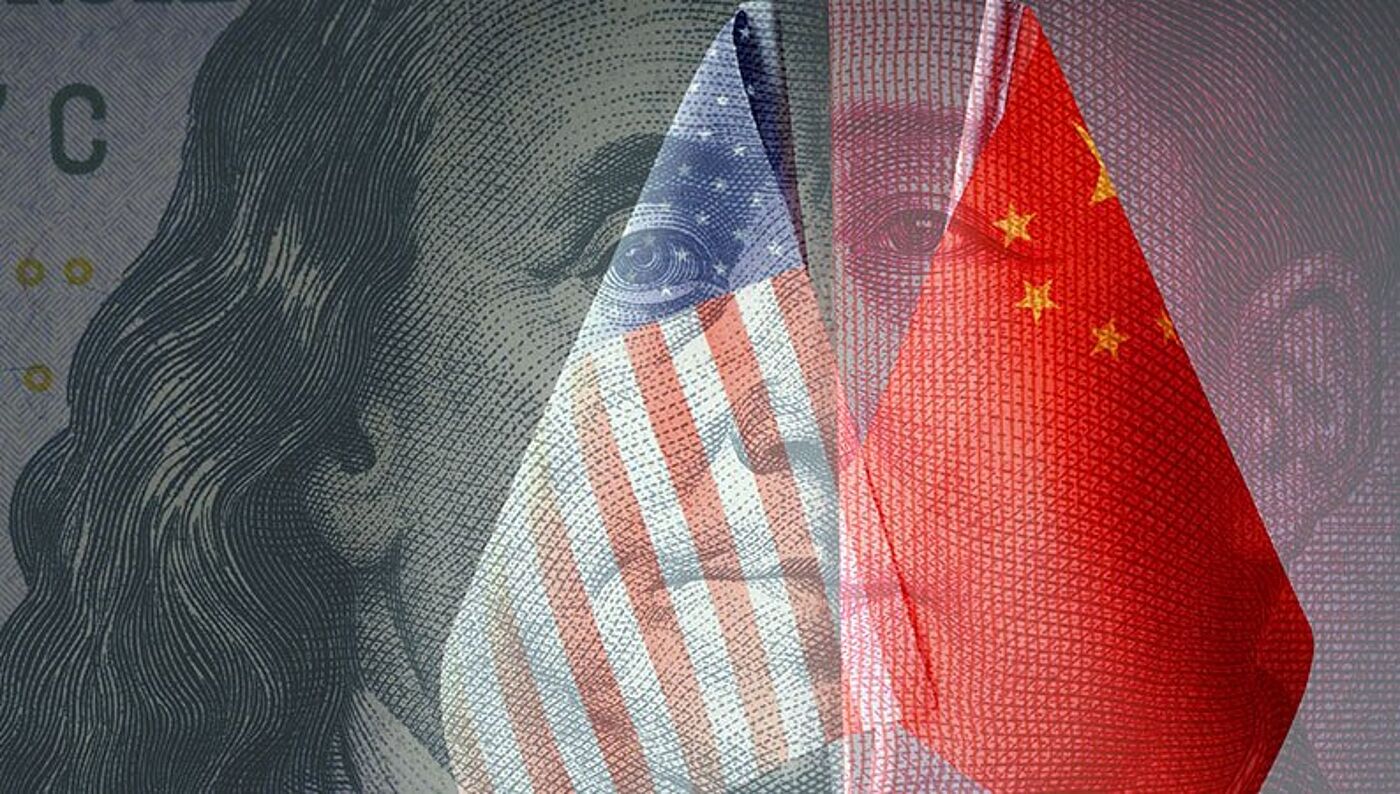
IP law looms large over U.S.-China relations
In late 2019, China pledged reforms of its Intellectual Property law, a move that played a major part in curtailing the U.S.-China trade war. More than a year later, the degree to which those promised reforms are actually implemented may well have similarly large effects on the nations' relationship.
The U.S. and China were indisputably the two largest parties in the global trade war that consumed much of the last several years. Particularly between early 2018 and late 2019, it seemed as if one could hardly go a week, if that, without hearing something about tariffs, exports, imports, steel, soybeans, then-President Donald Trump, President Xi Jinping and the like. Accusations regarding violations of Intellectual Property law were among the biggest flashpoints, and ultimately, China announced new regulations concerning IP protection in November 2019 as a conciliatory move.
Nearly 14 months later, newly inaugurated President Joe Biden has yet to fully clarify his administration's stance toward China. However, it is inevitable that IP rights and their preservation will factor into negotiations between the two economic giants.
A look back at the proposed reforms (and their effects)
Reports from CNN at the time claimed that China's prospective IP law reforms focused on making the penalties for IP infringement more strict. It would also put the government's increasingly modernized tech infrastructure to use in the discovery and prosecution of such crimes.

Beyond that, the proposal carried few specifics. Although it is unclear whether Beijing's gambit worked as the deciding factor for Washington, it certainly did not fail. The two nations agreed in principle on "Phase One" of a new trade agreement December 12, 2019, per The Washington Post, and formalized the deal about a month later. The U.S. pledged not to impose further tariffs and roll back existing import taxes in return for China's IP reforms and agreement to buy American goods.
In the 14 months that followed, so much changed. COVID-19's devastating impact on human life and the global economy made it difficult to gauge the positive effects of the tariff relief or IP reform. A report by the South China Morning Post found that China did not meet its import goal for 2020, with some analysts concluding the Phase One target was unrealistic.
On the IP front, a Hong Kong news provider noted that Beijing had drafted some specific guidance to protect pharmaceutical patents, trade secrets and copyrights, but it was unclear how well they were being implemented. Additionally, a January 2021 report by the U.S. Patent and Trademark Office (USPTO) found that Chinese policies which offered subsidies for certain trademark and patent applications helped motivate a glut of fraudulent and bad-faith filings in the last few years.

The bigger picture of China's IP law
A casual observer or someone just learning of this issue might assume that until recently, China had little or no IP laws on the books. Of course, that is not true. However, there are many factors at play complicating the matter of Chinese IP protection policies.
As noted in Harvard Business Review, China is quite strict in certain aspects of IP protection: Beijing allows (and encourages) all businesses to impose non-compete agreements to help protect trade secrets and other IP assets. In addition, according to the National Law Review, two new measures were passed in 2020 specifically to combat bad-faith trademark applications, in addition to the other new guidelines being imposed by the China National Intellectual Property Administration (CNIPA) in accordance with the Phase One agreement.
All that said, it would be inaccurate to describe Chinese IP law as thoroughly protective for either domestic or foreign innovators. Along with the aforementioned trademark and patent subsidies, considerable controversy stems from "forced technology transfer" policies. According to the University of Oxford's Business Law Blog, foreign companies looking to do business in China must turn over their technology to local firms or be denied the right to operate within China. This effectively means turning over the blueprints (literal or otherwise) to such technology — which is all but equivalent to surrendering the IP. It creates considerable opportunities for infringement, fraud and corruption. Also, in disputes with foreign firms, some local IP courts still markedly favor domestic organizations.
Chinese government representatives often resent such accusations of bias or corruption. In their view, the deals represent friendly agreements between businesses, and courts' decisions are not politically motivated. While Oxford noted that FTT guidelines are not as pervasive now as they were a few years ago, they have yet to disappear altogether.

The Biden approach: Not dissimilar, but multilateral
If the new U.S. Secretary of the Treasury, Janet Yellen, is to be believed, the Biden administration will not tolerate any signs of lapses in China's IP protections.
"We need to take on China's abusive, unfair and illegal practices," Yellen said to the Senate Finance Committee at her confirmation hearings. As reported by Bloomberg, she added,
"[China has] been stealing intellectual property and engaging practices that give it an unfair technological advantage, including forced technology transfers. And these … are practices that we're prepared to use the full array of tools to address."
Biden had expressed similar sentiments during a December interview with The New York Times. However, he also said that they would work with ally nations to "develop a coherent strategy" for addressing cases of IP infringement and other issues — a stance Yellen echoed before the Senate — instead of taking China on in a unilateral and bellicose manner. This more nuanced approach could yield greater cooperation from Beijing and help repair U.S.-China trade relations, but we will likely not know one way or the other for some time.
As we saw with the trade war, conflicts between the U.S. and China can quickly escalate and have ripple effects throughout the world. It would thus be wise for all organizations doing business in China to keep themselves abreast of the country's evolving IP regulations and work with a reliable Trademark Protection provider to help establish strong protection for their intangible assets.
Contact Dennemeyer to learn what we can bring to the table, ranging from IP Management Software to anti-counterfeiting and many other important IP law services.
Filed in

A country and a supermarket continue their tussle over a trademark. Meanwhile, a study reveals the extent of academic patents in Europe and a publishing house tackles AI.



